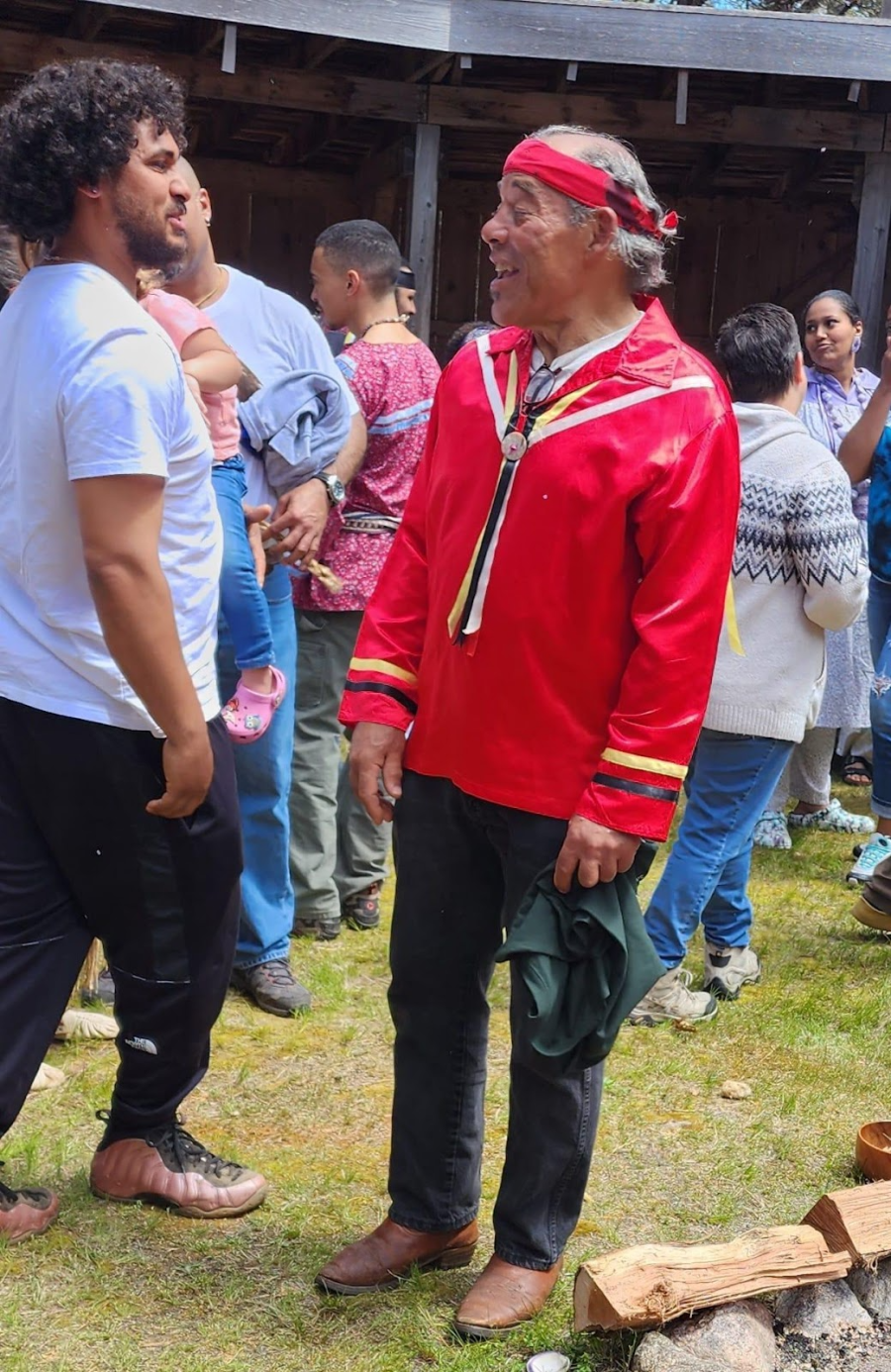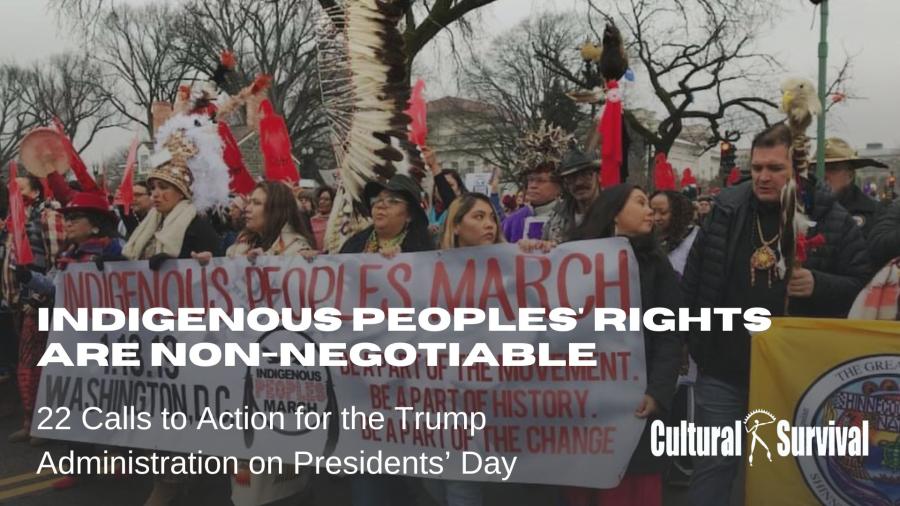Cultural Survival took part in a hearing held by the U.S. House of Representatives Tom Lantos Human Rights Commission on Indigenous Peoples in Latin America, Development, and U.S. Foreign Policy. The Indigenous speakers in the April 29 hearing explained how U.S. foreign policy is affecting their communities, often in dramatic and disastrous ways.
Dario Mejia of the National Indigenous Organization of Colombia told Congressional representatives how the United States supports the Colombian government’s drug and counter-terrorism policies that have led to 70,000 of Colombia’s Indigenous people being displaced from their ancestral homelands and hundreds of them killed. “During 2009,” he said, “114 Indigenous people were murdered, a 63 percent increase from 2008. We are worried about the role of the United States in supporting policies that affect our cultures and can put our existence at risk.”
Estanislao Bejerano Morales, a Ngöbe man from western Panama, described how a U.S. corporation, AES, is working in partnership with the government of Panama to build a massive hydroelectric dam on the Changuinola River that will displace thousands of Ngöbe people. The company has plowed up gardens and homes, used the police to beat women and children, and set up a permanent police cordon around the communities so work on the dam can continue unabated. Indigenous peoples are "an inconvenience," added Feliciano Santos Santos, another Ngöbe representative. "We do not accept ... playing with the hunger, the thirst, and the pain of our people.”
Daysi Zapata Fasabi, of the Interethnic Development Association for the Peruvian Amazon, described how the Peruvian government gave logging, mining, and ranching concessions to dozens of companies on Indigenous lands in the Amazon Basin, in an effort to take advantage of the North American Free Trade Agreement. “Currently,” he said, “there are more than 49 million hectares under oil and gas concession, or roughly 72 percent of the Peruvian Amazon, overlapping natural protected areas, indigenous community lands and special reserves for isolated Indigenous peoples.” When peaceful Indigenous demonstrators blocked a road to protest this taking of their land, the government brought in the police, who opened fire on protestors armed only with bows and arrows. More than 20 people died in the violence.
"The hearings provided Latin American Indigenous Peoples with their first opportunity to tell the U.S. Congress what happens when governments determine that the resources on Indigenous lands actually belong to the state,” said Ellen Lutz, executive director of Cultural Survival, which worked with the commission to set up the hearings, and hired a bus to bring Indigenous observers from New York, where they were attending the UN Permanent Forum on Indigenous Issues.
Commission co-chair James McGovern, who has long been a strong advocate for human rights, called for investment in the Indigenous protection of their lands, both as a conservation measure and in recognition of Indigenous Peoples’ rights. "Protect land, protect it from development that would displace people," he said from the chair. McGovern also strongly encouraged direct conversations between Indigenous Peoples and national governments, especially with regard to the Free Trade Agreements proposed between the United States and various Latin American nations, which currently are being negotiated without the input of Indigenous Peoples. "I hope we move away from that,” he said. “If we're all talking about the rights of Indigenous Peoples, they need to have a larger presence."
The hearing, which included representatives of the State Department and USAID, as well as Professor Dinah Shelton of George Washington University School of Law and a member of the Inter-American Commission on Human Rights, was the first of three planned for 2010 by the commission. The next two hearings will respectively focus on U.S. foreign policy and its impact on Indigenous Peoples in Africa and Asia.



